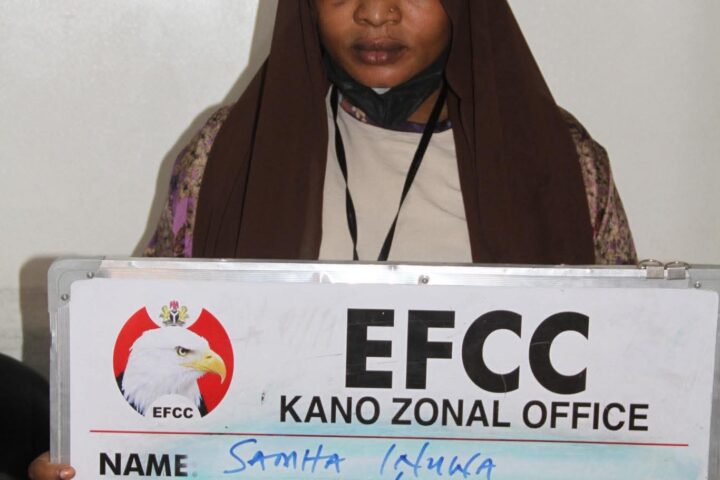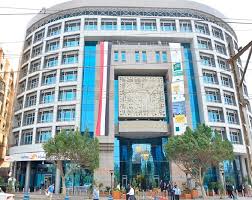By Mohammed Shosanya
The Central Bank of Nigeria (CBN),has faulted claims by the International Monetary Fund’s (IMF’s) that the loans given to farmers under the Anchor Borrowers’ Programme (ABP) are not being repaid promptly.
The CBN’s Acting Spokesman Dr. AbdulMumin Isa,who echoed this in a statement obtained by Premium News,said 52.39 per cent of the loans it granted under the ABP have been repaid.
He said: “total repayments as of the end of February 2023 under the Anchor Borrowers’ Programme (ABP) stood at N503 billion, representing 52.39 per cent.The balance was not due for repayment because they are under moratorium due to the COVID-19 forbearance granted to beneficiaries of the CBN’s interventions in March 2020 and extended to February 28, 2022”.
He said the CBN has so far released “the sum of N1.079 trillion, as of February 28, 2023, and pledged the bank’s commitment to stimulate access to finance for the real sector.
He added: “it is pertinent to note that the tenor of loans under the ABP is based on the commodity gestation period. For instance, loans granted to farmers cultivating some perennial crops could have up to a seven-year tenor”.
According to him,the CBN’s core objective for its interventions is to catalyze “the economy’s productive base, continue to support investments in capital assets in sectors with high-growth and employment-elastic potential.
He explained that CBN ABP had supported about 4.57 million smallholder farmers at end-February, 2023, who cultivated over 6.02 million hectares of 21 commodities across the country”.
He listed the commodities as rice, wheat, cowpea, millet, maize, cotton, fish, soya bean, poultry, cassava, groundnut, ginger, sorghum, oil palm, cocoa, sesame, tomato, castor seed, yellow pepper, onions, and cattle/dairy.
He added that the ABP has hithertho contributed significantly to the increased national output of focal commodities, with maize and rice peaking at 12.2 and 9.0 million metric tonnes in 2021 and 2022, respectively.
He said the programme had also helped to improve the national average yield per hectare of these commodities, with productivity per hectare almost doubling within the eight years of the Programme’s implementation.
The International Monetary Fund (IMF) in its country report titled ‘Nigeria: Selected Issues’, had revealed that as at January 12, 2023 about 76 percent of the loans granted to farmers under the Anchor Borrowers’ Programme (ABP) are yet to be repaid.
It said agricultural credit in Nigeria generally has not succeeded in increasing production because of “the difficulty in targeting the correct recipients”.




















